As with any pet, your guinea pig depends on you completely for it's health and well-being. This article may help you by serving as a basic guide of guinea pig health care and give you an idea of what symptoms of illness to watch out for. Of course if you feel your cavy is sick then don't delay in getting him or her to the veterinarian for a checkup and treatment.
You can practice good guinea pig health by providing your cavy with preventative health care. Preventing illness is a lot easier, and a lot less expensive, that treating illnesses. Cavies are hardy little creatures and with good preventative health care they can have a long, healthy life.
Keeping Your Guinea Pig Healthy
There are some basic levels of care that you can provide your cavy to keep him healthy. Here is a list:
* Provide healthy, nutritious food and a plenty of clean, fresh water
* Make sure they have lots of room in their cage or hutch to run around, play, and get their exercise.
* Make sure they have something like a "nest box" where they can hide away if they need to
* If possible have two cavies - they love companionship and it really is best for them
* Make sure their cage or hutch is clean, dry, and away from cold drafts
* Make sure that their cage location is not subject to extreme heat or humidity
* Keep them in a quiet environment
* Give them fun toys, and specifically chew toys to keep their teeth healthy and trimmed
* Most importantly, give them lots of your attention.
Knowing the Signs of Illness in Your Pet
In order to recognize a sick cavy, it is first important to know how a healthy cavy looks and acts. A healthy cavy will have bright, clear eyes and a shiny coat. A sick animal will have a dull look in it's eyes, the coat will be dull and in poor condition, it may have patches of hair missing, and will look thin. A healthy cavy will act alert, have a good appetite, will drink water, will vocalize, play, and have normal urination and poop. A sick cavy will be lethargic, have no appetite, is not drinking water, may have abnormal posture, and is not having normal urination and poops.
Common Health Problems
Cavies can come down with a variety of bacterial and fungal infections, and parasites, which can cause problems with their eyes, ears, and digestive system. It is important to give your pet cavy a daily looking over to make sure they aren't coming down with something, because when a cavy comes down with an illness it becomes very fragile and it's health can deteriorate very quickly in a very short period of time.
* Dehydration: this can be caused by your cavy not drinking enough water, prolonged exposure to a hot environment, or from diarrhea caused by illness
* Dental Problems: Your cavies teeth continue to grow throughout their lives. Most dental problems can be avoided by giving your pet chew toys and feeding hard pellets which will keep the teeth trimmed. But sometimes your pet's teeth do not grow in proper alignment. If not treated this can be very painful resulting in your cavy's inability to eat and could actually result in starvation and death.
* Ear Problems: Ear problems can be caused by infection, parasites, or injury. Indications of ear problems include scratching, head shaking, tilting the head to one side, and loss of balance.
* Eye Problems: Eye problems are usually caused by injury, infection, or an irritating object in the eye. If your pets eyes appear dull, have a discharge, or he keeps them closed, then place him in a darkened room because the problem may be painful and make their eyes sensitive to light.
* Tummy Problems: If your guinea pig has diarrhea, or is constipated, it may be because he has a gastrointestinal bacterial infection, is not eating a proper diet, is suffering from stress, or is living in a dirty cage. Diarrhea needs to be treated quickly, otherwise it can quickly lead to dehydration and possibly death.
* Heatstroke: Cavies can overheat very easily if exposed to high temperatures. It will quickly become weak, unresponsive, and eventually comatose. Without immediate treatment it will die.
* Respiratory Problems: If you hear your cavy wheezing, sneezing, or otherwise having difficulty breathing you need to take these symptoms seriously. These symptoms may be caused by bacterial infection and your pet could develop pneumonia, the most frequent cause of death in cavies.
* Skin and Hair Problems: Sores, dry itchy skin, loss of fur, and oozing sores are all signs of skin problems. There can be a variety of causes of these symptoms including skin parasites, allergies, stress, and diseases. Your veterinarian will need to diagnose the exact cause.
Summary
Good guinea pig health starts with preventative care. A daily routine that includes handling your pet cavy so that you can give it an "examination" is a good idea. The earlier that you identify an illness in your pet and can seek veterinary care the better chances of cure and a quick recovery. Your pet cavy needs you - take good care of him!

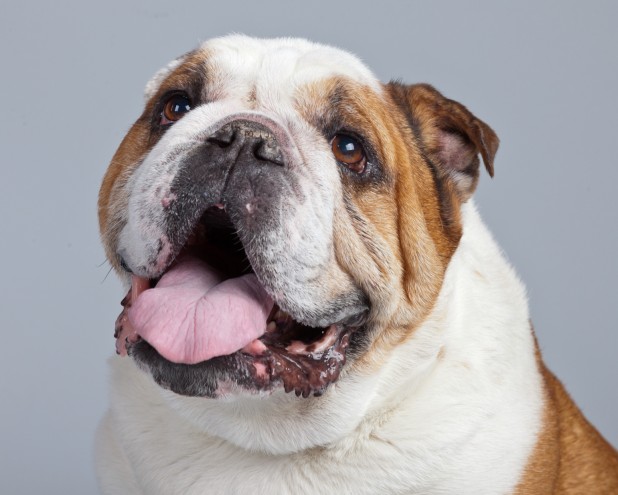 Some Frequently Asked Questions About Bladder Stones In The Dog
Some Frequently Asked Questions About Bladder Stones In The Dog
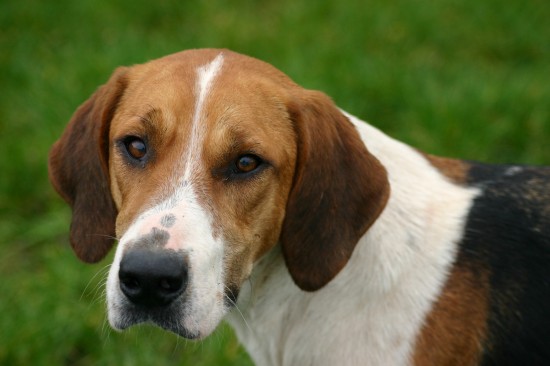 Can A Foxhound Really Make For A Good Domestic Pet?
Can A Foxhound Really Make For A Good Domestic Pet?
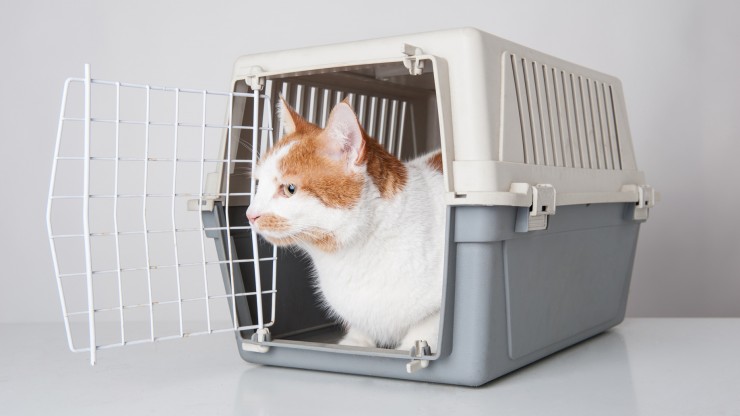 Seven Common Mistakes Cat Owners Make When Transporting Their Cats
Seven Common Mistakes Cat Owners Make When Transporting Their Cats
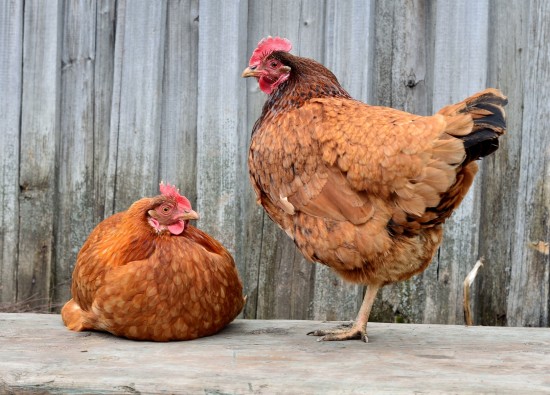 How To Recognise That A Hen Might Be Egg Bound
How To Recognise That A Hen Might Be Egg Bound
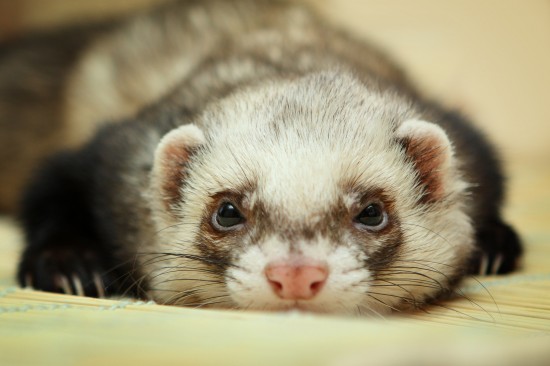 8 Signs Your Ferret May Be Unwell
8 Signs Your Ferret May Be Unwell
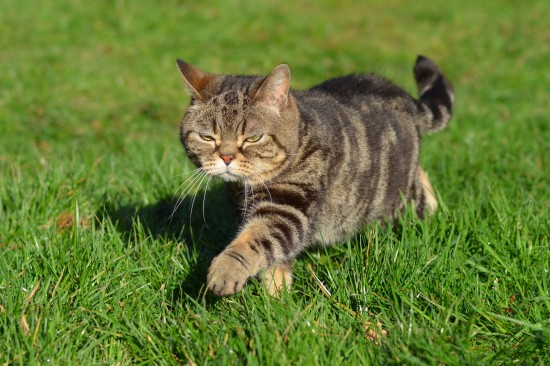 Tabby Cat Colour And Pattern Genetics
Tabby Cat Colour And Pattern Genetics
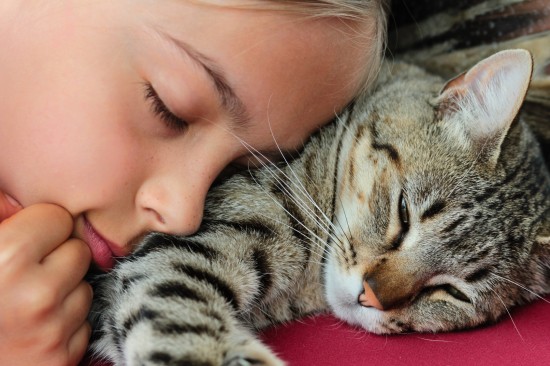 7 Great Ways A Cat Shows Their Affection
7 Great Ways A Ca
7 Great Ways A Cat Shows Their Affection
7 Great Ways A Ca
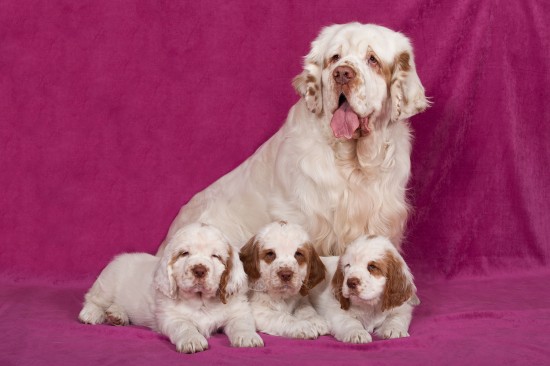 Clumber Spaniel Genetic Diversity And Hereditary Health
Clumber Spaniel G
Clumber Spaniel Genetic Diversity And Hereditary Health
Clumber Spaniel G
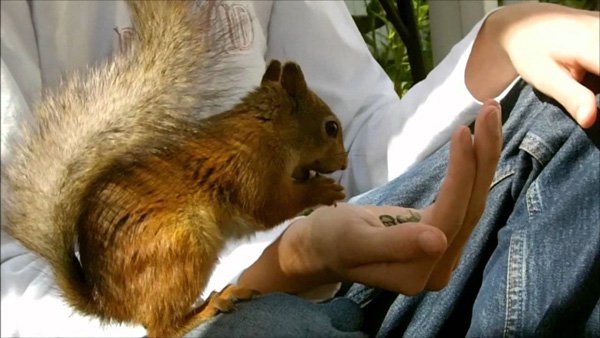 Saltwater Angelfish
Saltwater Angelfish
Saltwater Angelfish are on
Saltwater Angelfish
Saltwater Angelfish
Saltwater Angelfish are on
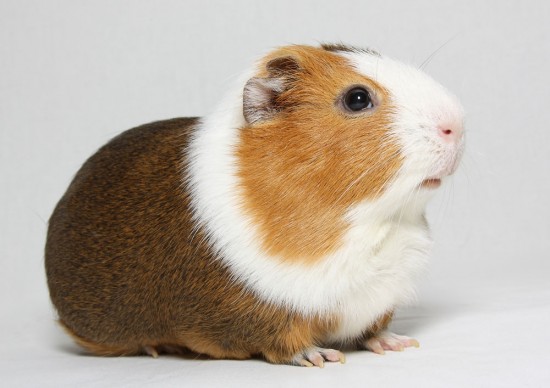 How Easy Is It To Look After A Guinea Pig?
How Easy Is It To
How Easy Is It To Look After A Guinea Pig?
How Easy Is It To
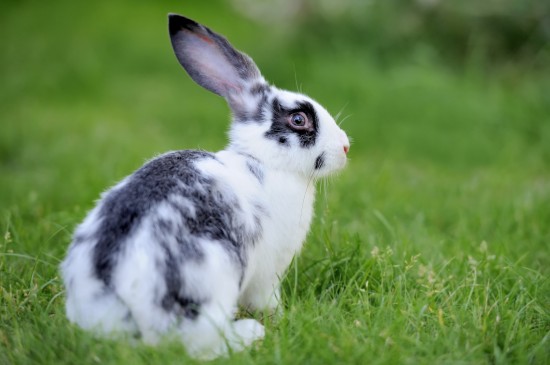 Top Tips On Adopting A Rabbit
Top Tips On Adopt
Top Tips On Adopting A Rabbit
Top Tips On Adopt